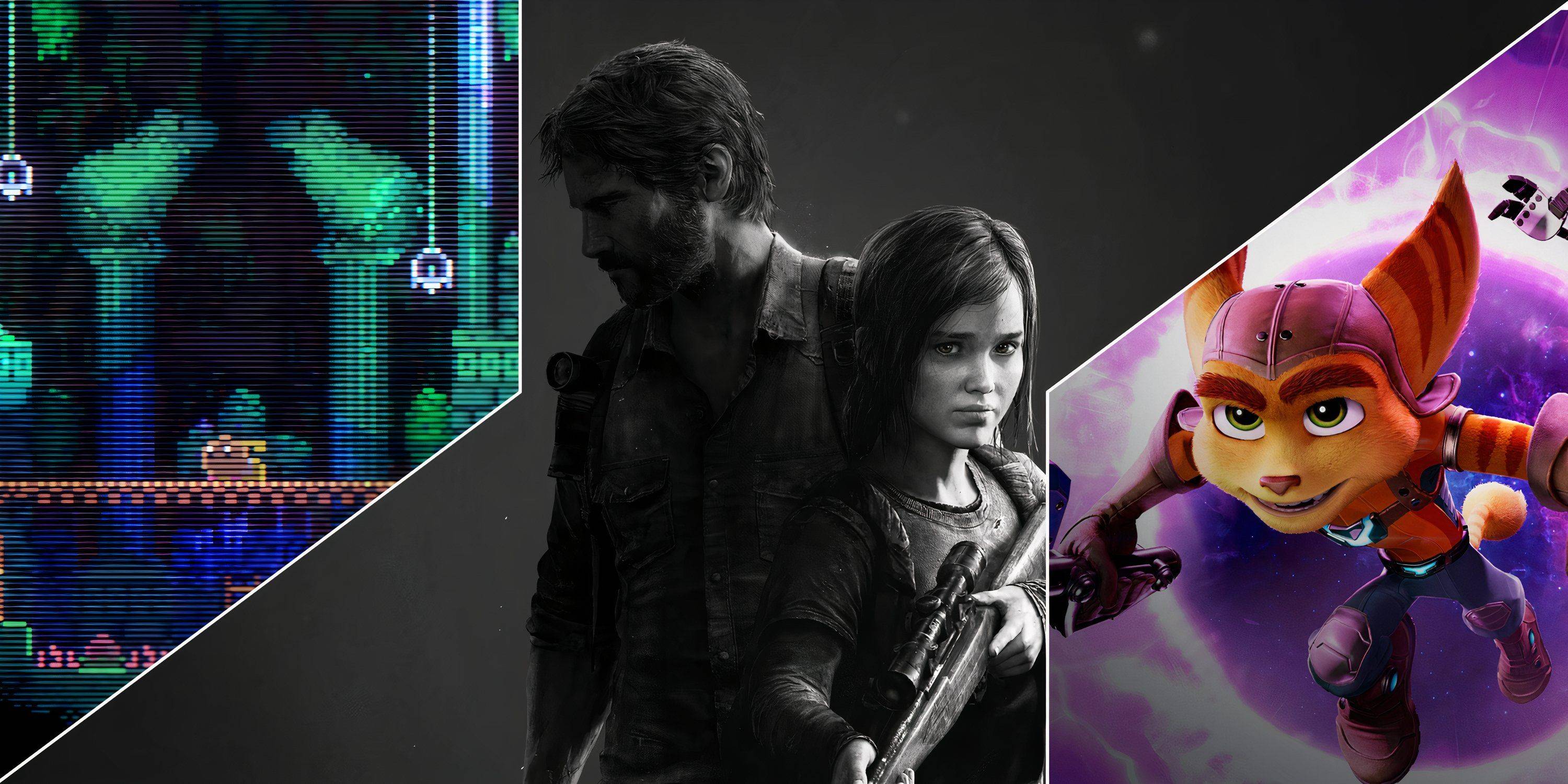With Monster Hunter Wilds breaking Steam records and Resident Evil more popular than ever thanks to Village and a series of stellar remakes, it seems as though Capcom is currently incapable of failure. Yet, this wasn't always the case. Less than a decade ago, following a string of critical and commercial flops, Capcom found itself struggling and disconnected from its audience.
Capcom was grappling with an identity crisis. The iconic survival horror series, Resident Evil, had lost its edge after Resident Evil 4, and Street Fighter, another major franchise, was faltering with the poorly received Street Fighter 5. It was a critical juncture that could have marked the end of Capcom and its beloved titles.
However, amid the challenges, Capcom found a path to revival. A significant shift in their game development strategy, bolstered by the introduction of a powerful new game engine, breathed new life into these iconic series. This transformation led to a series of critically and financially successful releases that propelled Capcom back into the spotlight.
Resident Evil Lost Its Way
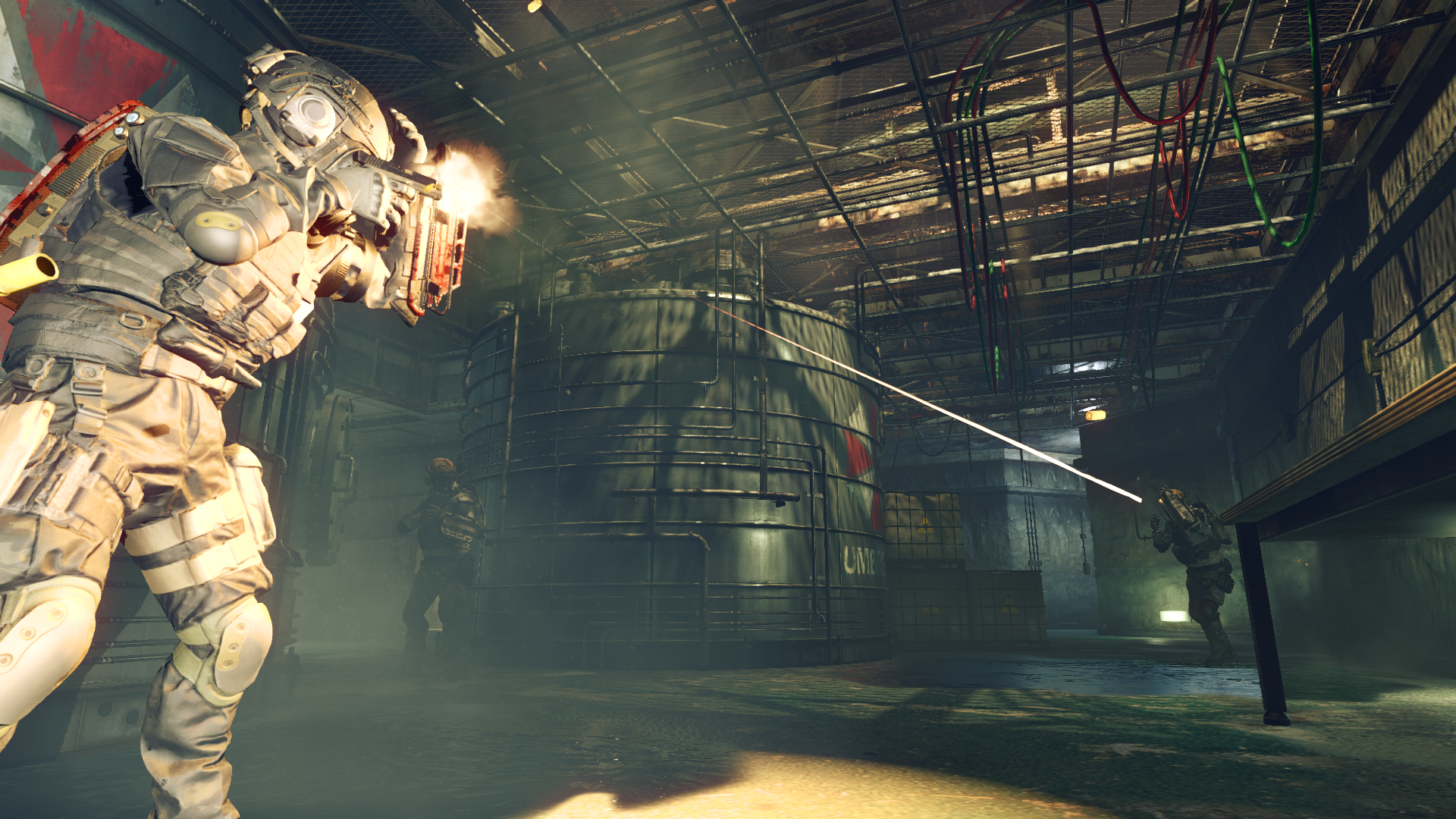
2016 was a challenging year for Capcom. The release of Umbrella Corps, an online co-op shooter, was met with harsh criticism from both reviewers and fans. Similarly, Street Fighter 5 left long-time fans disappointed with its lackluster performance, and Dead Rising 4 marked the last new entry in its series despite featuring the return of fan-favorite Frank West.
These setbacks were part of a broader trend of underwhelming years for Capcom since 2010. The mainline Resident Evil games saw diminishing critical reception despite strong sales, Street Fighter struggled with its latest iteration, and other Capcom mainstays like Devil May Cry were absent. Meanwhile, Monster Hunter, while hugely successful in Japan, faced challenges in breaking into international markets.
"Many of us started feeling that what the fans and players wanted from the series was getting a little bit separate from what we were making," a sentiment that highlighted the disconnect between Capcom and its audience. This is a far cry from the Capcom we know today, a company that since 2017 has rarely missed a beat, releasing a string of successful games across its renowned franchises. Titles like Monster Hunter World, Devil May Cry 5, Street Fighter 6, and a series of critically acclaimed remakes have showcased Capcom's resurgence.
Achieving this success required more than just learning from past mistakes. Capcom had to completely re-think its strategy, from its target audience to the technology it employed, to make such a dramatic turnaround possible. To understand this shift, IGN spoke with four of Capcom's leading creatives to explore how the company overcame its struggles and emerged stronger than ever.
Capcom was founded in 1979 as a manufacturer of electronic game machines, or "capsule computers," and rose to prominence in the '80s and '90s with 2D classics like Street Fighter and Mega Man. The transition to 3D gaming with titles like Resident Evil further solidified its success, culminating in the release of Resident Evil 4—widely regarded as one of the greatest games of all time.
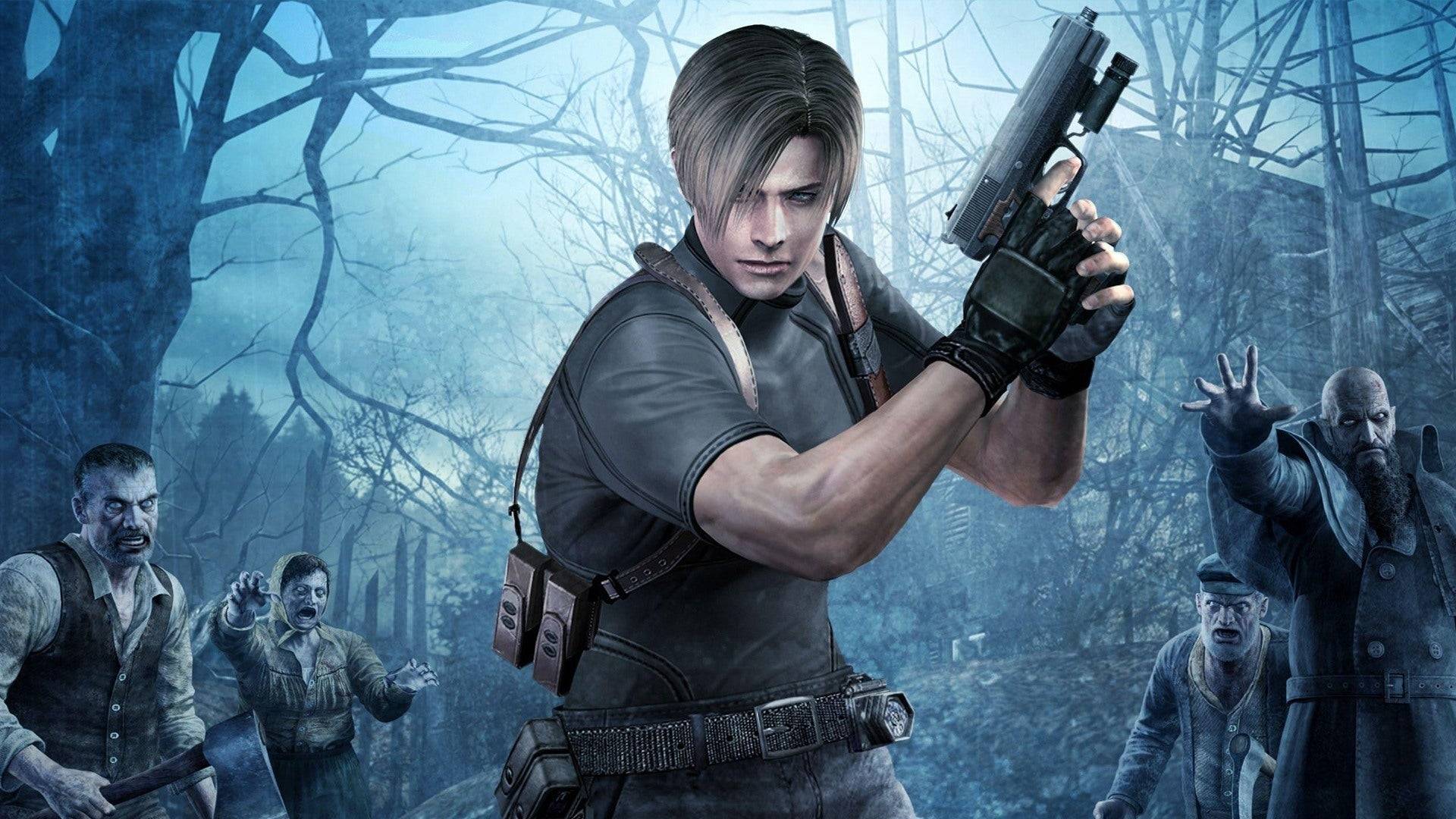
Resident Evil 4, released in 2005, is celebrated for its innovative blend of horror and action, inspired by horror classics like Friday the 13th, H.P. Lovecraft, and John Carpenter's films. However, subsequent games in the series lost the delicate balance between horror and action, with Resident Evil 5 and Resident Evil 6 leaning more towards action, much to the dismay of fans and developers alike.
"Overall throughout the Resident Evil series, we set up different goals, challenges, and things we want to try with each game… But this time, many of us started feeling that what the fans and players wanted from the series was getting a little bit separate from what we were making," said Yasuhiro Ampo, director of the Resident Evil 4 remake and a veteran of the series since 1996.
Resident Evil 6 attempted to cater to both action and horror fans but failed to satisfy either group fully, resulting in widespread disappointment. Similarly, Capcom's other franchises faced challenges. Street Fighter 4 was a success, but its sequel, Street Fighter 5, was criticized for its lack of content and poor online functionality.
The struggles were not limited to Resident Evil and Street Fighter. Devil May Cry saw diminishing returns, leading Capcom to outsource the next game, DmC: Devil May Cry, to Ninja Theory. Despite becoming a cult favorite, the game's reception was mixed, and the series was put on hold.
Capcom's efforts to capture the Western market with games like Lost Planet and Asura's Wrath also fell short. The only bright spot during this period was Dragon's Dogma, a new dark fantasy RPG from Devil May Cry director Hideaki Itsuno. It was clear that Capcom needed a significant change in strategy.
Street Fighter 5, The Lost Cause
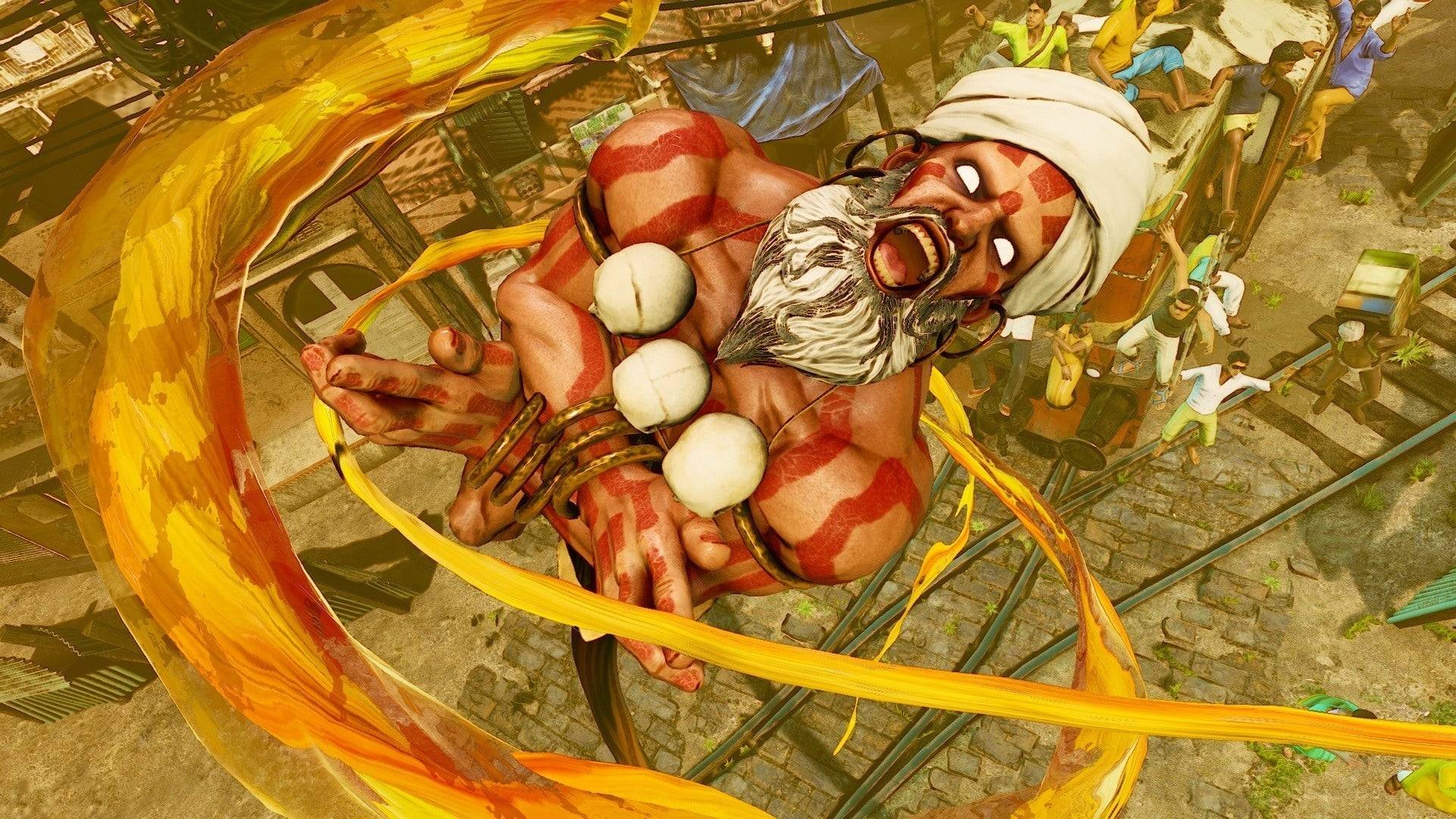
By the mid-2010s, Capcom began implementing changes to reverse its fortunes. The first step was addressing the immediate issues, particularly with Street Fighter 5. Director Takayuki Nakayama and producer Shuhei Matsumoto were tasked with stabilizing the game.
"There definitely were some challenges within the production of the game, and that was part of the reason why I was brought into the team," Nakayama explained. Despite the constraints that limited the scope of their work, the team focused on fixing the most pressing problems while planning for Street Fighter 6.
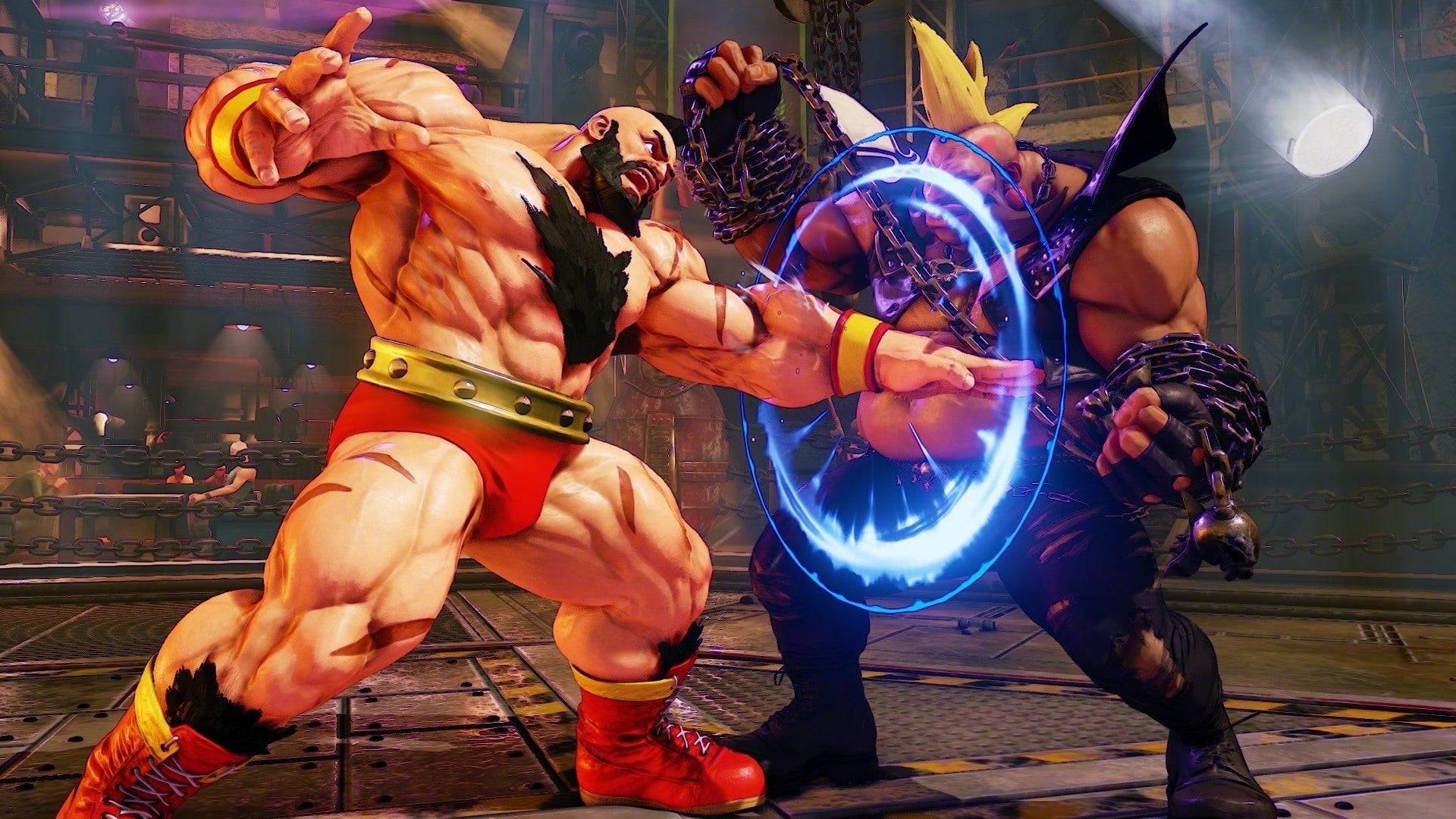
"We just didn’t really have enough time to address some of the problems and challenges we faced in Street Fighter V," Nakayama admitted. "And so, with our hands tied behind our backs, we basically had to wait for those ideas to be brought back for the initial conceptual phases for Street Fighter 6, so we could tackle and do things properly for the next title."
Matsumoto emphasized that abandoning Street Fighter 5 was not an option. Instead, the game served as a testing ground for ideas that would later be refined in Street Fighter 6. "While we were working on Street Fighter V, we were trying to figure out what we really wanted to do in Street Fighter 6 content-wise," he said.
The team's efforts included numerous updates to Street Fighter 5, from improving the netcode and character balance to introducing new characters, V-Triggers, and mechanics like V-Shift. The ultimate goal was to rediscover the fun in fighting games, which Street Fighter 5 had lost.
"We both realized that fighting games are fun, and when you get used to them, it becomes more enjoyable and something you can essentially play forever as long as you have an opponent to play against," Matsumoto noted. "However, one of the challenges that we faced with Street Fighter V is that we felt that there wasn’t a clear pathway that helped guide players to get to that level where they finally feel like they’re having fun and will want to continue playing."
Street Fighter 6 aimed to be more approachable for new players while maintaining the depth that seasoned fans enjoyed. By using Street Fighter 5 as a testbed, Capcom was able to launch Street Fighter 6 in 2023 as one of the most critically acclaimed games in the franchise.
However, Capcom recognized the need to avoid such overhauls in the future. This realization led to significant behind-the-scenes changes that would prevent similar situations from recurring.
Monster Hunter Took Over The World
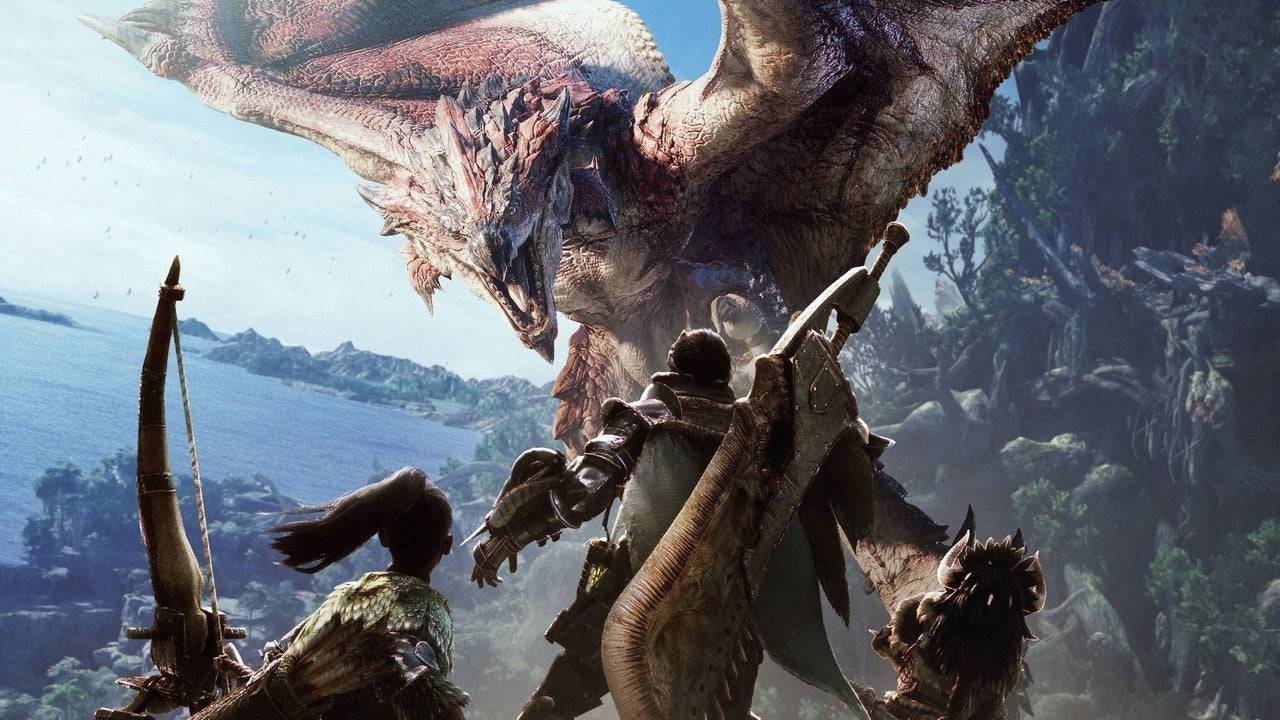
Around the launch of Street Fighter 5 in 2016, Capcom underwent an internal reorganization to prepare for a new generation of games powered by the RE Engine, a replacement for the aging MT Framework. This change was about more than just technology; it included a mandate to develop games for a global audience.
"It was a few factors that came together," said Hideaki Itsuno, a former game director at Capcom known for his work on Devil May Cry. "The change of the engine and also all teams were given a very clear goal at that point to make games that reach the global market. [Games] that are fun for everyone."
During the PS3 and Xbox 360 era, Capcom's focus on capturing the Western market with action-heavy titles like Resident Evil 4 and Lost Planet did not yield the desired results. The company realized it needed to create games that appealed to a broader audience.
"I think that we had that clear goal of just focusing and not holding anything back," Itsuno said. "Towards making good games that would reach people from all over the world."
The period leading up to 2017 was crucial for Capcom, with the launch of Resident Evil 7 marking the beginning of a renaissance. No series better exemplified Capcom's new focus on global success than Monster Hunter. While popular in the West, the series was much larger in Japan due to its success on handheld consoles.
"20 years ago in Japan, having a network connection wasn't as easy, and there weren’t a huge amount of people playing Monster Hunter online. However, handheld consoles made multiplayer gameplay easy without internet access, and I regard it as a great success that we had players experience the game in this way," explained Ryozo Tsujimoto, executive producer of the Monster Hunter series.
The series' focus on cooperative play was well-served by handheld consoles, but this also led to a perception of Monster Hunter as a Japan-centric franchise. To break this cycle, Capcom released Monster Hunter: World in 2018 on PlayStation 4, Xbox One, and PC, aiming for a global audience with simultaneous worldwide release and no Japan-exclusive content.
"Our approach to the globalization of the series and Monster Hunter in general really ties into not only the themes that we had going into designing the game, but also in the name of the game," Tsujimoto said. "The fact that we called it Monster Hunter: World is really kind of a nod to the fact that we wanted to appeal to this worldwide audience that we wanted to really dig into and experience Monster Hunter for the first time."
Global focus tests helped refine the game's systems, with one notable change being the addition of damage numbers on-screen. This and other tweaks led to Monster Hunter: World and its 2022 follow-up, Monster Hunter Rise, achieving sales of over 20 million copies each.
"At its heart, Monster Hunter really is an action game, and that sense of accomplishment you get from really mastering that action is an important aspect of Monster Hunter," Tsujimoto explained. "But for newer players, it's really about getting to that point. The steps involved in getting to that sense of accomplishment is what we're trying to strategize for, in terms of designing for new players."
Resident Evil 7 Began Turning Things Around
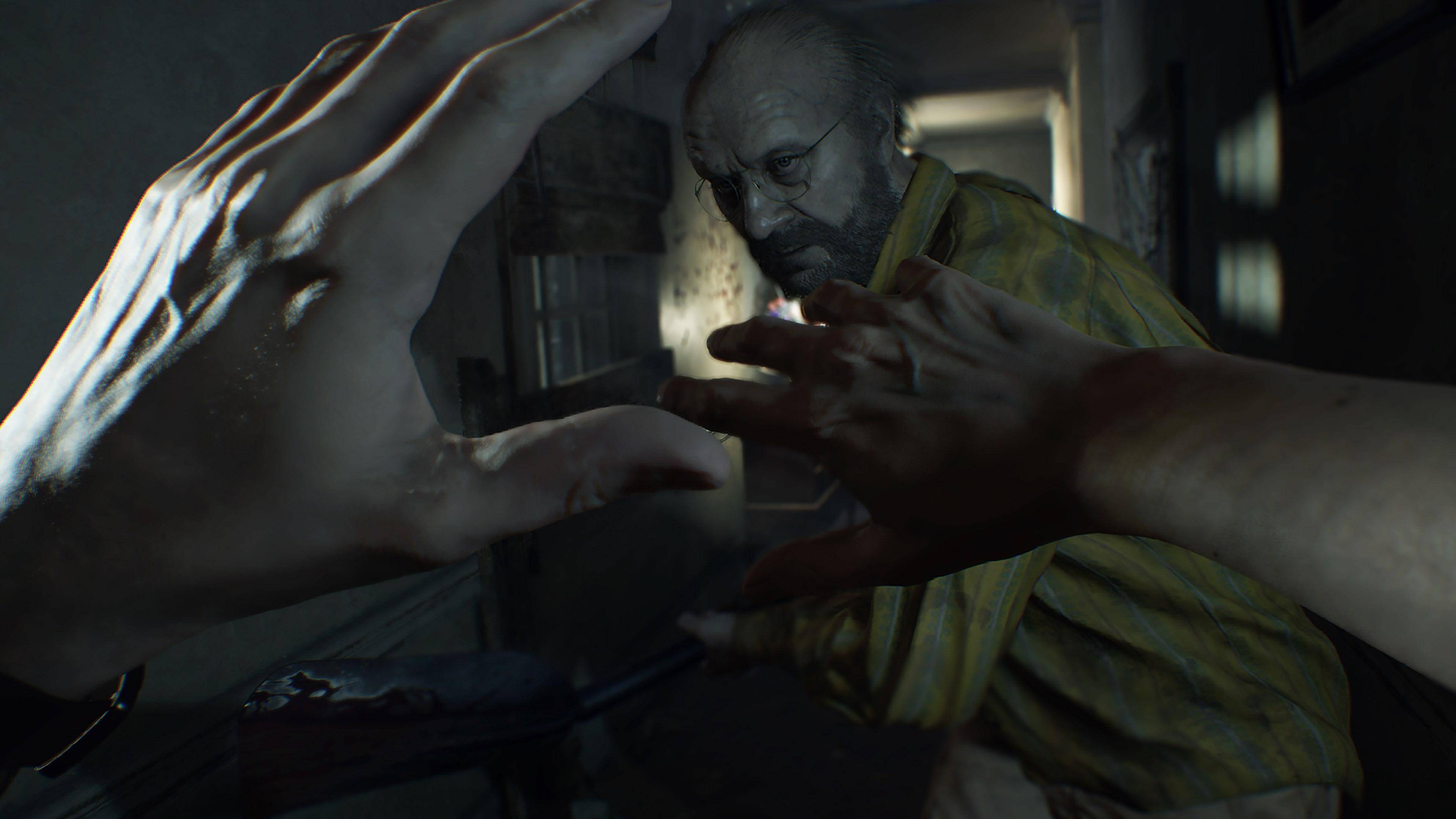
While Monster Hunter had a winning formula, Capcom faced the challenge of convincing global audiences to embrace it. For Resident Evil, the decision was made to return to its survival horror roots, a directive from executive producer Jun Takeuchi.
"It was around the time I was working on Resident Evil Revelations 1 and 2. I was trying to test different things, try different approaches," recalled Yasuhiro Ampo, director of Resident Evil 2 and Resident Evil 4 remakes. "And around this time is when the R&D teams were divided into R&D division one and two. The executive producer of the Resident Evil series, Jun Takeuchi, took command of R&D division one, and he set the core direction that the Resident Evil series needed to go back to its origins, to its roots."
The announcement of Resident Evil 7 at PlayStation's E3 2016 conference with a first-person perspective trailer was met with excitement. The shift to first-person allowed the series to regain its horror essence.
"With Resident Evil 7, the executive producer, Jun Takeuchi, made it clear that we cannot underestimate how critical it is for the series for it to be scary and about survival," Ampo said. "So he made it clear that Resident Evil 7 would go back to its origins, it would be very cautious with its survival elements. And with that as a basis, then we would try new and different things."
Resident Evil 7 became a hit, re-establishing the series as one of the scariest in gaming. However, Capcom did not abandon the third-person perspective entirely. The company planned to release third-person games through a series of remakes, starting with Resident Evil 2.
"It was like, 'all right people really want this to happen.' So producer [Yoshiaki] Hirabayashi came up with the slogan: 'Well, we’ll do it,'" Ampo revealed. The Resident Evil 2 remake became one of the best-selling games in the franchise's history, blending horror with action and puzzles.
Following the success of Resident Evil 2, Capcom released a remake of Resident Evil 3. Despite initial hesitation, the team also decided to remake Resident Evil 4, a game still considered nearly perfect by many. The Resident Evil 4 remake was another success, fine-tuning the balance between action and horror to align with Takeuchi's vision.
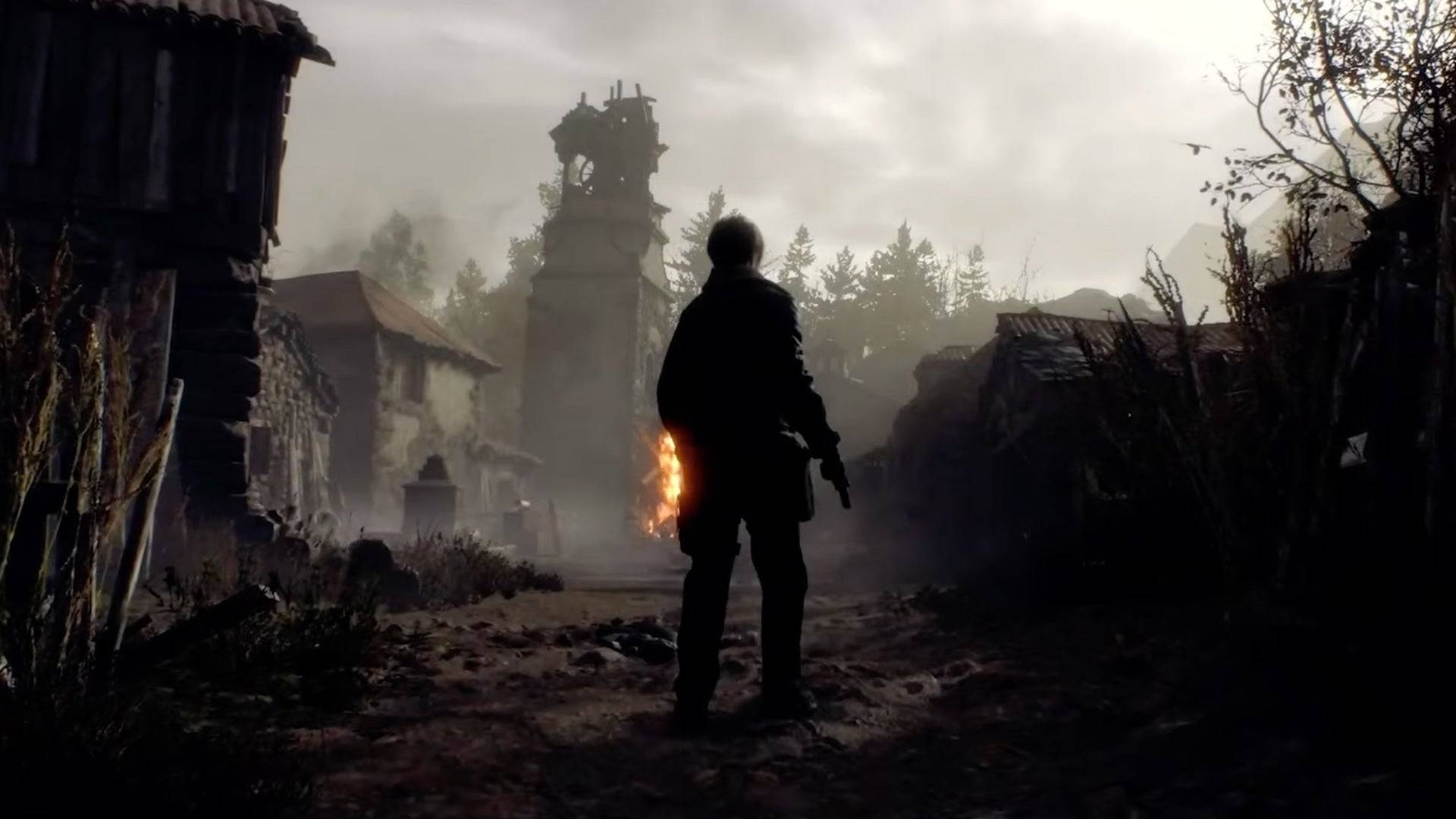
Simultaneously, Hideaki Itsuno, the longtime director of Devil May Cry, sought to reinvigorate the action genre. After working on Dragon's Dogma, Itsuno returned to direct Devil May Cry 5, aiming to challenge players with a game that leveraged Capcom's new RE Engine.
The Reason Behind The Change
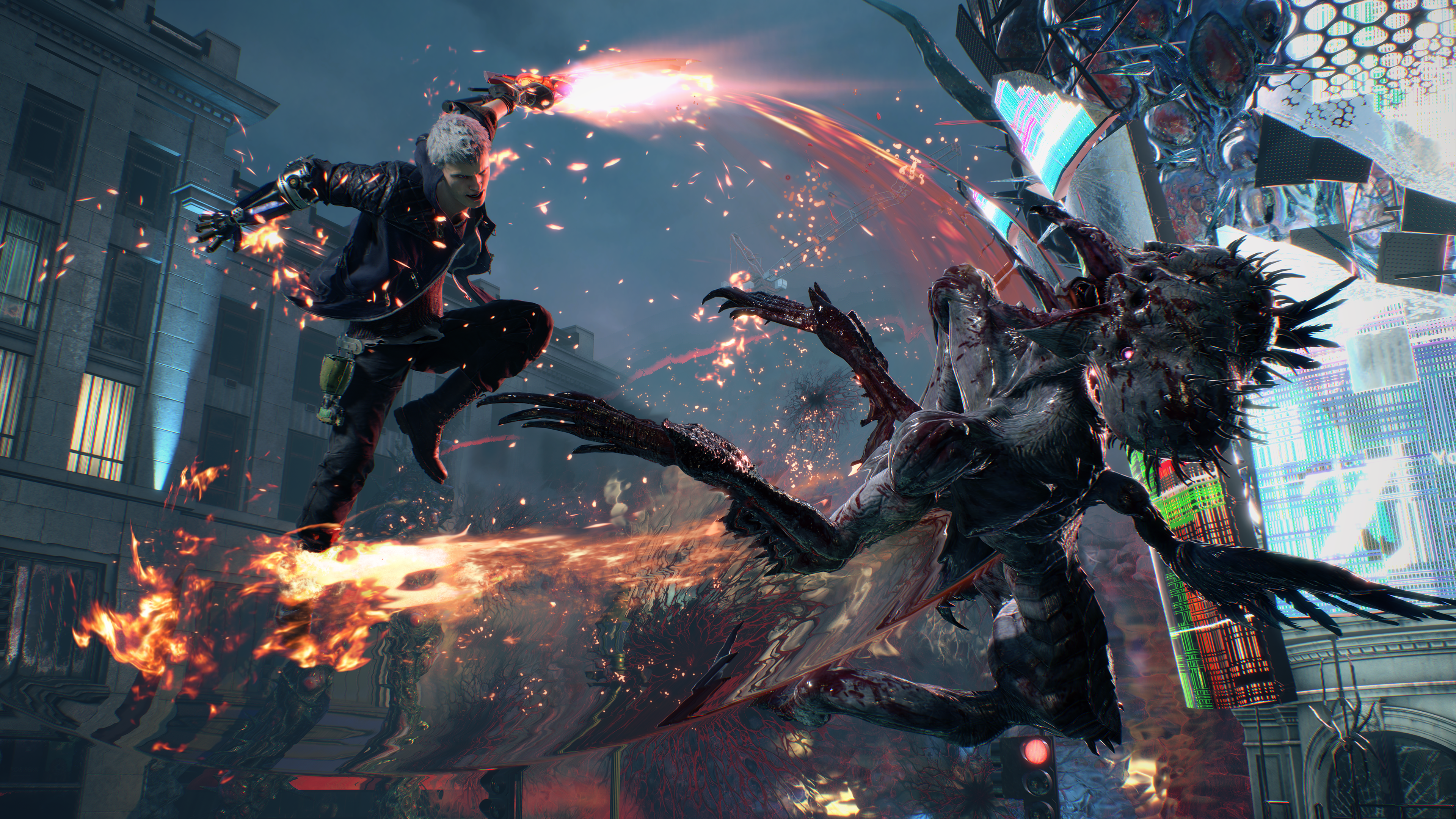
"I felt like the main trend with action games was to make action games that were very kind," Itsuno admitted. "Maybe, for me, a little bit too kind to the players, lending a hand to the player too much to my liking."
After nearly 11 years away from the franchise, Itsuno returned with a vision to create the "coolest" action game ever, utilizing the new RE Engine's capabilities for photorealistic visuals and rapid development tools.
"Ever since I took over the series from Devil May Cry 3, I put everything that I, as a person, I considered throughout my life to be cool," Itsuno said. "Anything I’ve seen on TV, in movies, and comics I’ve read, any sport experiences I’ve had, I try to distill everything that I think is cool into what the game is."
A New Capcom Golden Age
Since 2017, Capcom has released a game of the year contender almost annually. In an era where many major studios struggle to find consistency, Capcom's streak of 10 critically acclaimed games in less than a decade stands out. This trend appears set to continue with Monster Hunter Wilds.
Capcom's focus on creating globally appealing games, powered by the advanced RE Engine, has been a formula for success. The company has seamlessly transitioned between genres, from focused fighting games to survival horror and expansive action RPGs, without missing a beat.
"Capcom is going through a golden era, and, well, now we have to do everything we can so that this lasts one more year, one more year, and every year, one more year," said Monster Hunter's Tsujimoto, expressing hope to extend this success as long as possible.
Capcom's mission to create mainstream, global games has not diluted its core identities. Instead, it has expanded the audience for its games while maintaining their unique essence. As other companies struggle with identity and trends, Capcom's strategic changes have ushered in a new golden age that shows no signs of slowing down.
 Home
Home  Navigation
Navigation






 Latest Articles
Latest Articles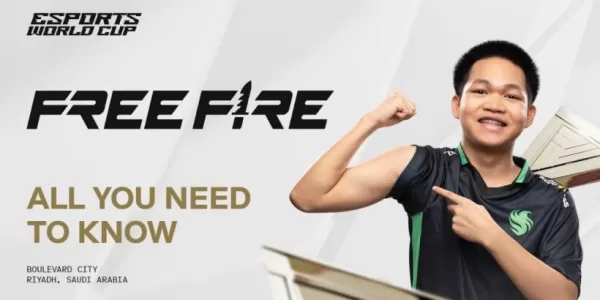
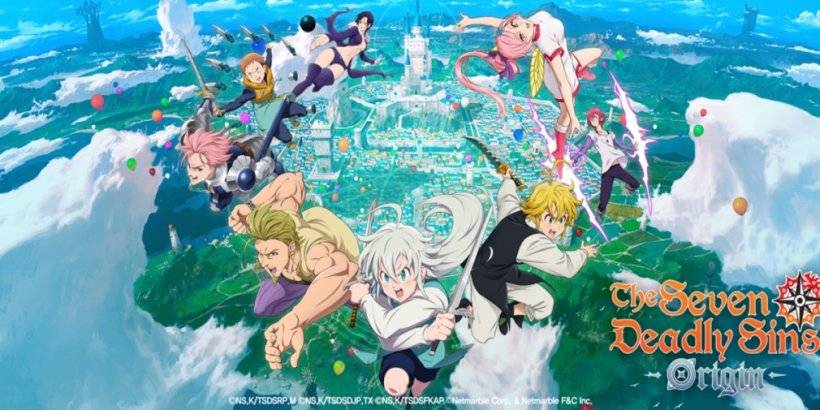









 Latest Games
Latest Games
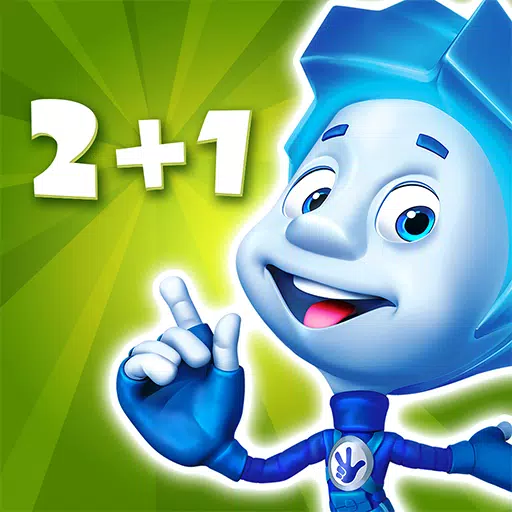



![Chubby Story [v1.4.2] (Localizations)](https://imgs.xddxz.com/uploads/85/1719638042667f981a5e9f8.jpg)

![Zia – New Version 0.4 [Studio Zia]](https://imgs.xddxz.com/uploads/47/1719569268667e8b74e6004.jpg)



